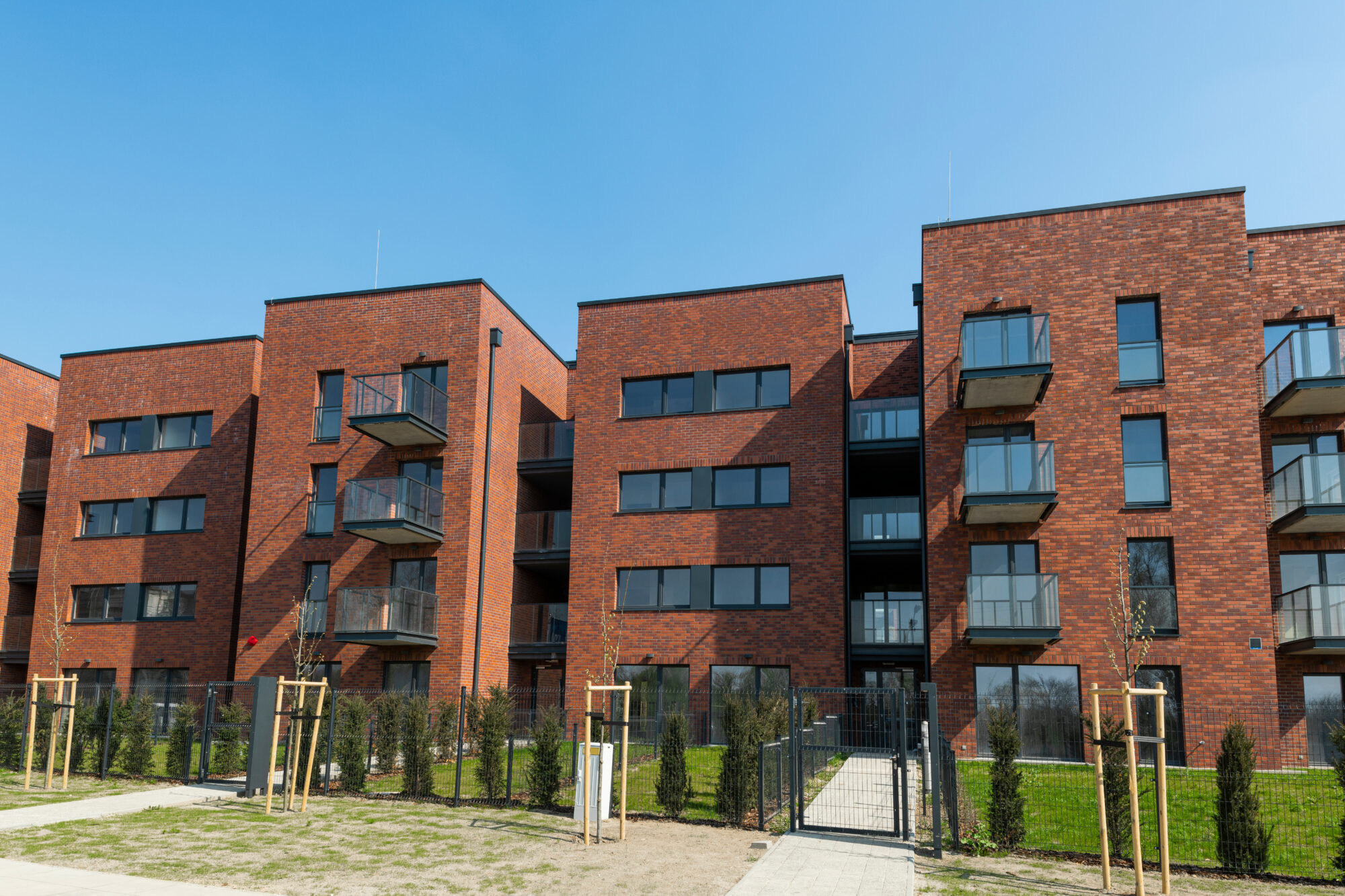Managing Agents, Freeholders and even leaseholders tend to be familiar with the details included within the lease in relation to the payment of service charge and ground rent, but some other areas can often be overlooked. An example of this can occasionally be clauses within the lease that relate to alterations to the property, which leaseholders aren’t always aware of.
Every lease is different and therefore the alterations clauses will differ, but generally the clauses will either prohibit alterations in their entirety or will prohibit alterations without permission of the freeholder or management company, known as a ‘license to alter’. It is essential to check the lease to see what information is included in relation to alteration permissions.
What should be done when a licence to alter request is received?
Managing agents should refer to, or be aware of, the information included within the Protocol for Applications for Consent to Carry Out Alterations (the Alterations Protocol). The Alterations Protocol was introduced to offer guidance and provide a standard to which such requests should be addressed. It is intended to reduce disputes and ensure that such matters are dealt with in a timely manner.
What is expected under the Alterations Protocol?
When making a request for alterations, leaseholders are expected to provide sufficient details of the works to enable the managing agent or freeholder to make an informed decision on the request.
The Protocol suggests several items that the leaseholder should identify, including if the works would fall within the demise of the property, whether they are structural or non structural, and identify the works to be carried out where consent is and is not required.
Responding to the licence to alter
Under the Protocol the request should be acknowledged within 5 working days and if more information is required by the relevant party, this should be requested with this acknowledgment.
It should also be noted that, if included within the terms of the lease, the managing agent or freeholder are entitled to recover their costs in relation to the request from the leaseholder. If this is included within the lease, it should be set out in the initial response.
Responding with a decision
If the relevant party has sufficient information to make a decision on the request, they should do so promptly. Whilst there is not a timeframe to reply, some leases will provide that consent will not be unreasonably withheld. Unnecessary delay could amount to consent being unreasonably withheld.
The reply should clearly set out if consent is granted and if there are any conditions that accompany such consent.
If the consent is being withheld, the reasons should be given. If more information is needed before the consent is given, details of the information should also be given.
Good practice is to ensure that all communications are in writing and that details of any works are properly recorded. We would strongly recommend that this is recorded in a license that sets out the scope of the works and the conditions in respect of the same.
Summary
Whilst it may be tempting to sideline licence to alter requests on busy days, we would strongly advise against this. Effective communication between parties on such matters will limit the time that alteration requests take to process and avoid any unnecessary disputes between parties. This will also help with the ongoing relationship between leaseholder and managing agent/ freeholder.




